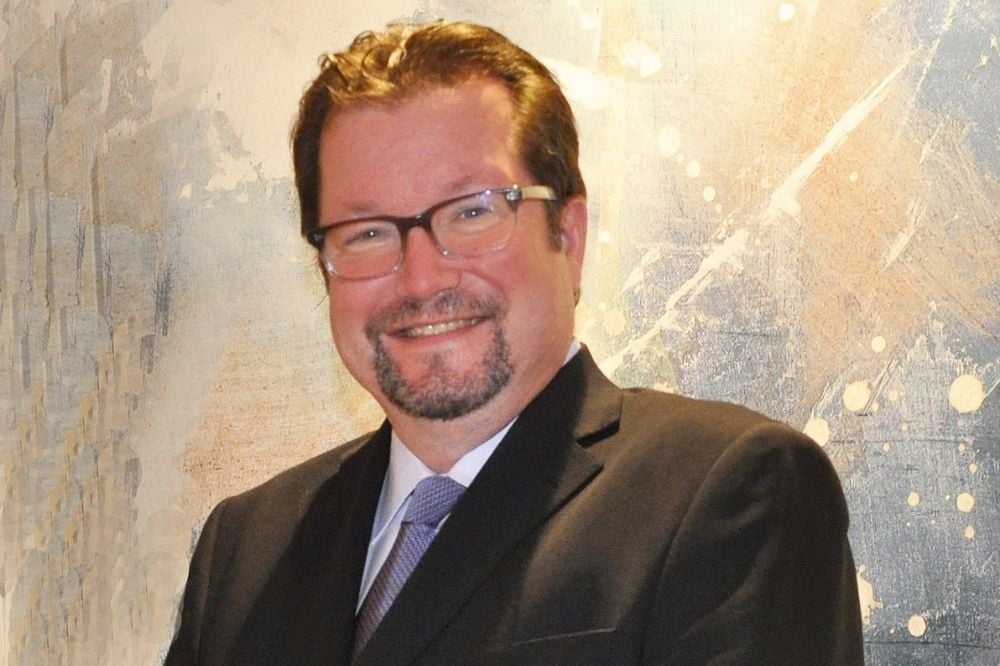Experienced professional explains how he uses his own show to spread financial literacy message

Advisors need to start focusing more on providing clients with the financial literacy they need to meet the financial goals they really care about rather than just selling product if they really want to serve their best interests.
“Our industry does a phenomenal job of selling products, but we have a whole lot of people whose financial literacy, unfortunately, doesn’t serve them well, and the consumer is put in a position of not knowing the difference between somebody who simply sells products and somebody who does comprehensive planning,” Jim Doyle told Wealth Professional. He is the Executive Financial Consultant for Doyle & Associates Private Wealth Management with Investors Group Financial Services Inc. “So, the client has some headwinds with regards to trust and understanding the advice that is the most advantageous to them.”
Doyle has been trying to address that through his television program, “Money Matters with Jim Doyle”, which has been showing on the nationally-broadcast Joytv and Faith TV for two years and now is in re-runs as they consider a third season. But, he feels that the industry’s product providers also need to help advisors enhance the literacy and understanding while advisors also need to understand what their clients’ true needs are so they can help them choose the best, and not necessary, the cheapest offerings they’re given.
“I think our industry has done a little bit of a weaker job in asking clients: what are you paying for? What are you getting? And does it really meet your needs?” he said. “For me, personally, it’s about having the integrity to have those conversations and encouraging your clients to understand they have choices and helping them to ask better questions.”
He believes advisors who spend 60 to 90, rather than 20 minutes, with a client can do more of that digging to help their clients. But, he also believes that informational programs, such as what he is providing with his T.V. option, can build more of a financial literacy base. While he’d love to have viewers approach him for advice, he said, “I want them to be in a position where they understand the impact of the choices they’re making.”
Doyle is interested in improving financial literacy across the spectrum. But his T.V. program focused on business owners’ issues this season and showed how they had pivoted to the new digital world.
“This area has always been a sweet spot for me,” said Doyle, noting he did a radio show before this. “But I think that the passion to bring it forward is becoming more and more of a desire as there’s a sea change coming in terms of what planning is and how it’s being delivered. The client-focused reforms, the digital world that disengages people from face-to-face traditional meetings, and adapting to all of that: we want to make sure that the folks get everything that they should in terms of great advice.”
Doyle suggested advisors coach clients more so they can better understand their choices and not just look at products and fees, he said. “You can explore all the options and run through them with your clients. But, if the client still doesn’t understand what you’re talking about, it doesn’t really get you any further.”
But, he said advisors also need to understand the emotional layer under clients’ financial decisions, so they can integrate that understanding into the education they’re providing clients.
“We all bring our own biases to the table, advisors and clients alike. We have our own investment baggage in terms of things that have gone well or badly in our past, and I think we need to uncover that, too. So, I certainly want to encourage more of a conversation on that front,”
“I think there’s an opportunity to really care and show you care, and I think we need to move the conversation away from short-term performance to find out what our clients are doing and why they’re doing it, and focus on a plan to drive that, so we can move the focus away from products and performance to what’s in the clients’ best interest.



